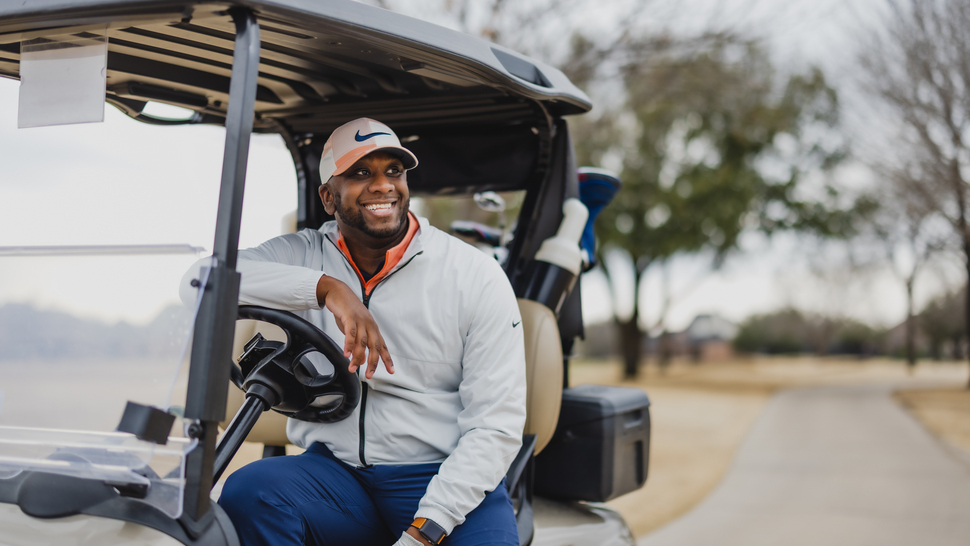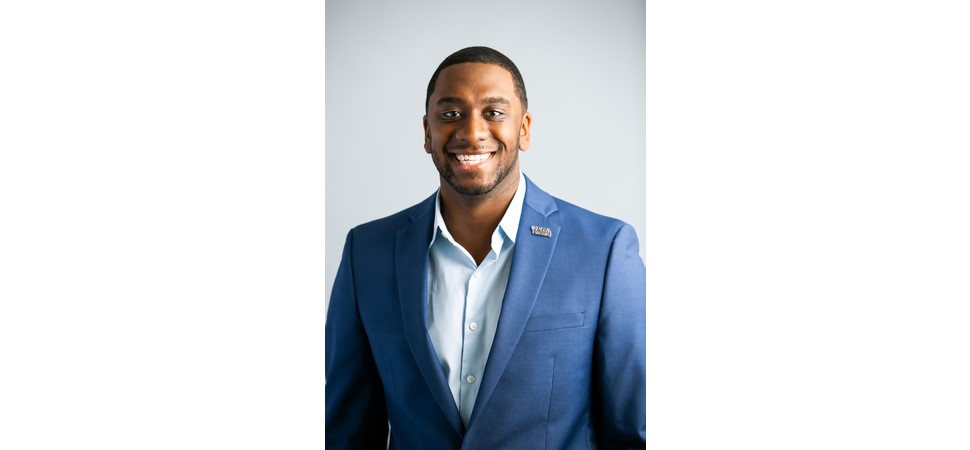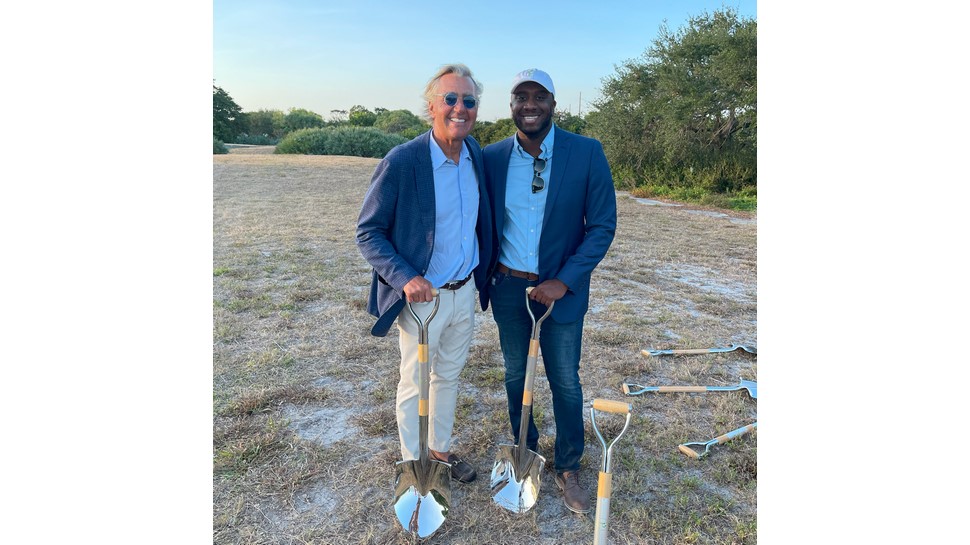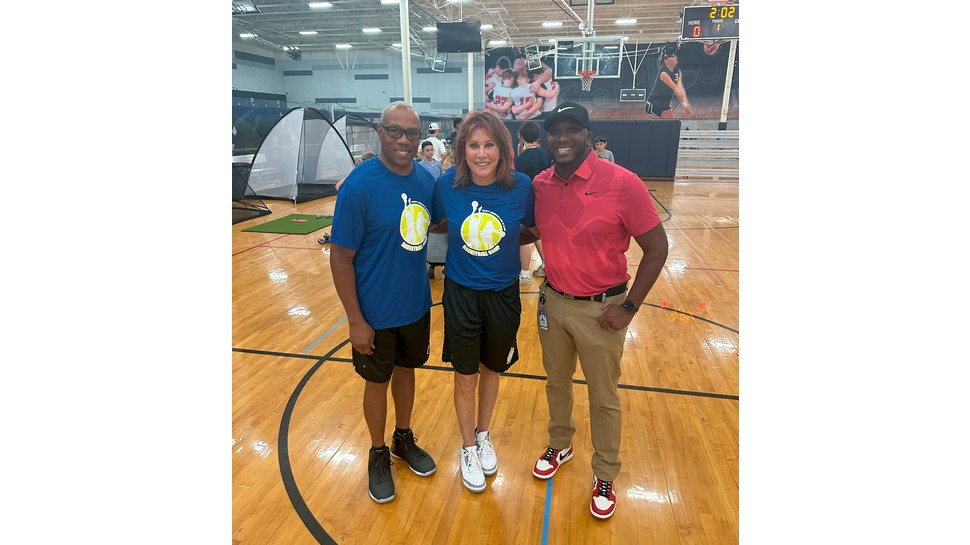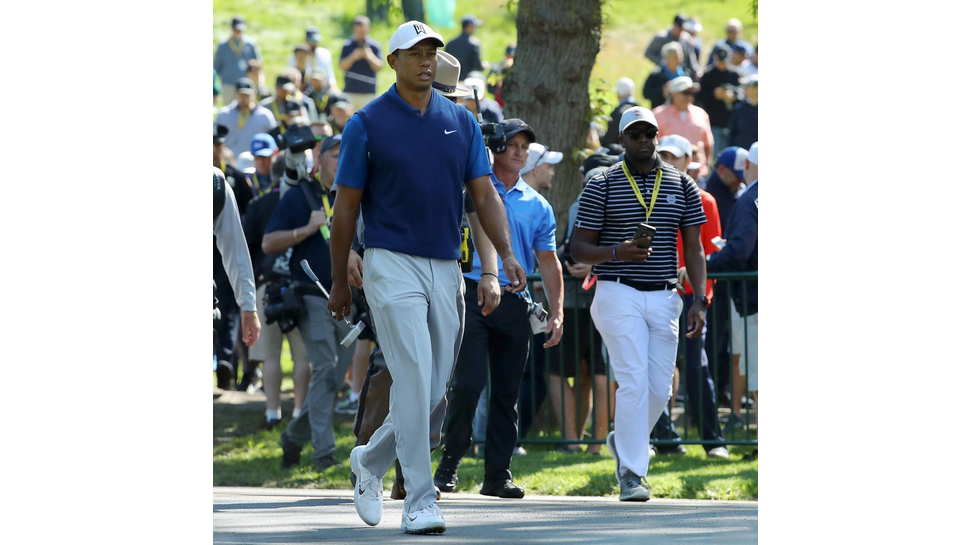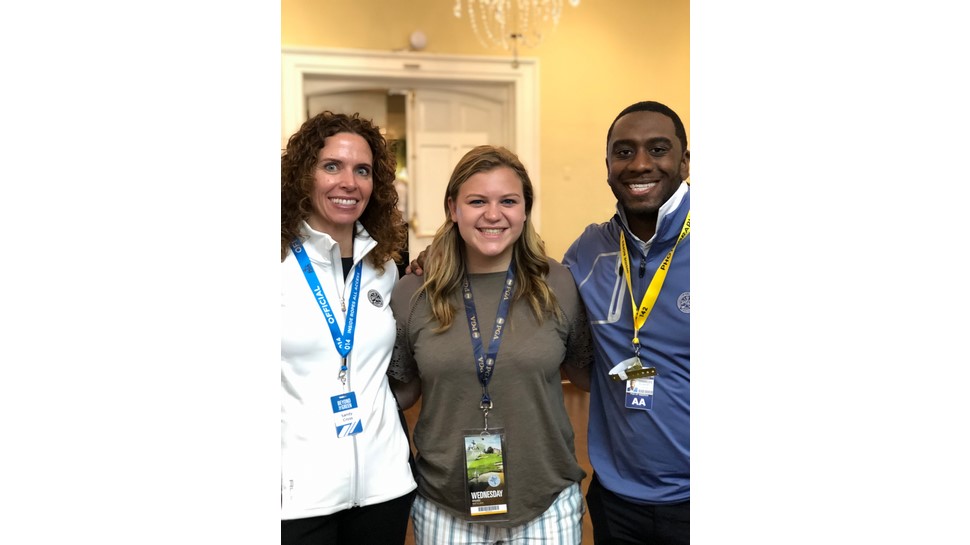Background
Charles Dillahunt is the Studio Production, Wagering, and Gaming Lead at the PGA of America. Charles plans and directs the strategy, development, and execution of a comprehensive Gaming, Wagering & PGA Frisco Studio Operations strategy that drives revenue and aligns with the mission, purpose, and business goals stated in the Association’s Long-Term Strategic Plan.
Previously, Charles served as Strategic Adjunct to the Chief Executives for the PGA of America. In this role, he worked closely with the PGA’s CEO, Chief Commercial Officer and Chief People Officer to ensure that diversity, equity and inclusion, as well as the PGA’s values-based culture, is embedded throughout the whole Association–with particular emphasis on communications and partnership development, as they pursue a game, workforce and supply chain that mirror America.
The Dillahunt Story
For as long as I know, I have been both an avid sports fan, as well as a hardcore gamer, with a desire to lead in the sports industry. From the time I was in elementary school to my freshman year in college, I played football and basketball as often as I could, watched any sport you could think of on tv and in person, as well as played video games during my downtime away from school, work and sports. It should come as no surprise to anyone that as a result, my career and passion for golf started by playing a golf video game.
In 2014, my sophomore year at Wabash College, EA Sports released Rory McIlroy PGA TOUR. Being a kid from Terre Haute, IN, with dreams of one day working for the NBA or NFL, it never crossed my mind to consider golf as a hobby or career. Until I picked up the game, that is. From day one I was hooked. The rules, the course difficulty, the styles of the golfers in the game. Everything seemed so majestic and fun. So much so that I decided to try golf in real life.
From my first day on the range, I was hooked again. Ever since that day, I’ve had a love for golf I could have never imagined. Stemming from a video game, to the real course, and now, working for the PGA of America.
As a philosophy major and gaming nerd in college, my path to the golf industry was not a traditional one, which is why I am so passionate about sharing all the great career paths this great industry and sport have available to those who aren’t historically engaged in the golf industry. Growth of the game is reaching those who are new, and because I remember that feeling so well, it’s always an honor to help those who feel as I did way back in 2014, find their footing in the industry I enjoy dearly.
You are on the front lines via the PGA of America in terms of engaging minority involvement in golf. What letter grade would you give for the involvement and results being generated from say 10-15 years ago and those being carried out today?
My letter grade would be an A-minus because I believe there is always room for improvement. Since I arrived in 2019, there have been many key factors that result in the grade. Number one is top-down management of solving for Diversity, Equity and Inclusion (DEI). From the tables of our CEO and Chief People Officer to coordinators internally, DEI has become a priority for all who are involved with the Association.
It’s truly a team effort. I’d also say leaning in from our more than 29,000 PGA of America Golf Professionals has helped tremendously. There are countless Members who are working daily to grow the game and our programming with historically unengaged communities through Make Golf Your Thing, PGA WORKS, PGA Jr. League and much more.
What lessons have been learned from past efforts that were not really as successful or comprehensive?
The top-down part is key. Leaders from all over the industry have leaned in and are helping those who for years have paved the way and made groundbreaking changes, even when most weren’t looking.
They’ve not only provided seats at the table for DEI changemakers, but for those impacted by the changemakers as well, leading to greater understanding, and more financial backing where needed to support programs that can impact diverse lives.
How important is it for various initiatives to be locally led — such as One Hundred Black Men of New York — to really resonate and grow?
It’s incredibly important.
They have the audience we are trying to reach that has been historically not engaged as much as they should have been. Utilizing their authentic voice in their home community makes it easier for the PGA of America to appear trustworthy. Way more than if we were to try on our own. Their knowledge of the city and relationships with the people who make up the city is such a privilege to learn and grow from.
When speaking about our PGA of America Golf Professionals, they are the ones at the point of play impacting lives, so we’ve made sure they have access to them and their talents as well. They are an integral part in every DEI partnership we create. It is so important we involve local PGA of America Section offices as well as local PGA of America Golf Professionals to keep relationships alive, and continue growing the game when we aren’t there.
How are major corporations being engaged to support such outreach efforts?
Major corporations have come alongside us to support our inclusion efforts in a plethora of ways. Many take part in our PGA WORKS Beyond the Green at our major PGA of America championships, to engage with diverse talent and showcase career paths, as well as successful individuals at those companies that look like the students they are trying to reach.
Nike, for example, has participated for the past couple years, as well as NBC and the NBA, among others.
How does golf fundamentally get into alignment with various minorities who are not exposed to the sport and who often live in inner city areas where a meaningful golf connection is not likely to happen?
I think there are other ways to creatively get involved utilizing technology. Video games, for example, which were my first introduction to the sport, are a unique avenue to explore. New games with realistic graphics and golf courses, brands and Majors Championships like EA Sports PGA TOUR, could teach kids in a fun way how to play the sport, the different entities that exist in the sport, and the pro players, all while they have fun in an arcade or competitive environment.
In my new role, I look to explore this pathway because I’ve seen it work so well in my own life and lead to a career working on what I love to do. There are also ways to teach local P.E. teachers the game using SNAG equipment and indoor hitting nets.
That’s an easier way to reach a multitude of kids on a grand scale, hopefully leading to retention in the same way other sports see success in P.E.

Related: Shawn Foley interview
How is feedback encouraged and what role does it play in future outreach efforts?
Feedback is encouraged by directly reaching out to our team. We want to hear where we are doing well and where we can improve. I mentioned earlier that DEI will take a team effort to be successful.
To know how to be successful, we have to know where we are weak and strong, so we can improve. When we receive constructive feedback, we assess it and adjust accordingly.
What gives you the greatest satisfaction in your daily career activities?
Helping others succeed and opening doors for them they may not have known existed.
When I can simply work hard daily to operate a program or create programs that lead to opportunities for others to get involved in the golf industry as an employee, gamer, with their small business, or by playing the game, there is no better feeling.
That’s because I know the power this industry has to positively impact lives and create healthier lifestyles like it did for me.
If you could change one thing in golf unilaterally — what would it be and why?
I would make it the norm for golf course operators to offer rounds shorter than 18 holes.
I think we’d attract more people to the sport if it took less time to play. Keep 18-hole rounds available, but allow fewer holes to play from those who are new to the game or just don’t have as much time to play all 18.
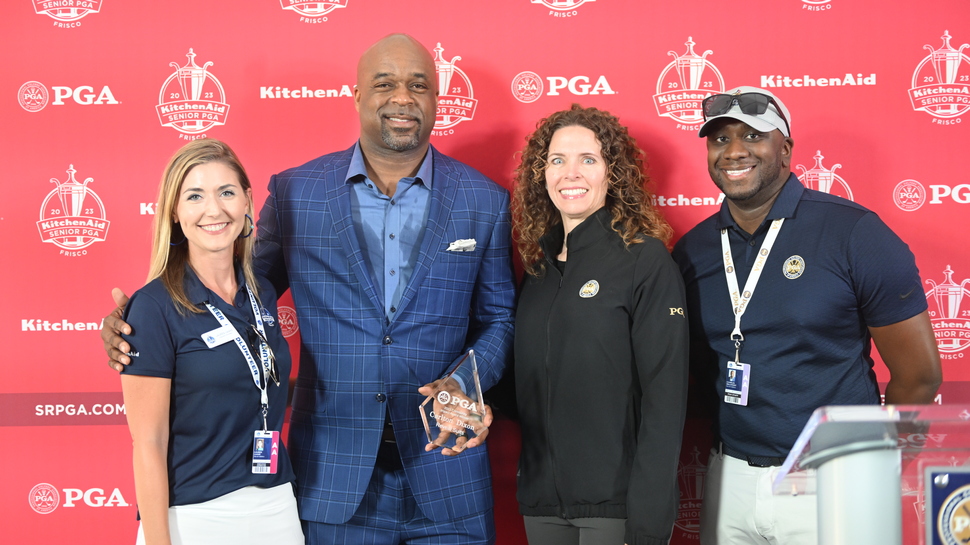
You’ve got one round of golf to play — where would you play and name the three other people joining you?
Cypress Point with Joe Rogan, Jon Anik, and Daniel Cormier.
***
For more info go to:
